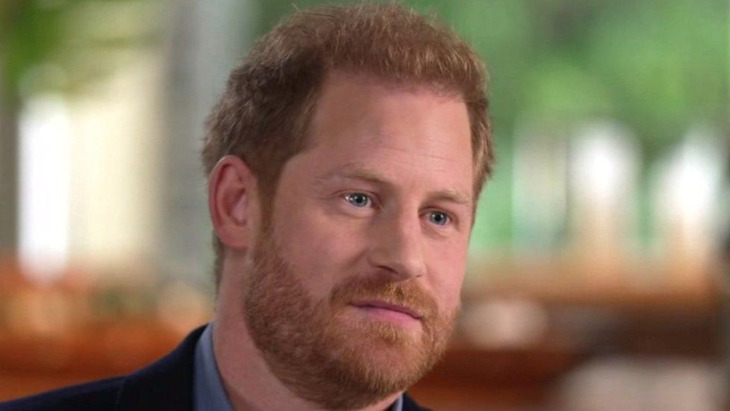 Vampire Weekend's Surprising Jewish Stories
Vampire Weekend's Surprising Jewish Stories


4 min read
A ghostwriter did. Does it matter?
Book publishers around the world are already salivating about the fortunes they’ll be reaping from Prince Harry’s new book. Penguin Random House has printed 2.5 million hardcover editions just for North America and the books has smashed first day record sales, becoming a massive publishing phenomenon.
After all, it’s full of scandalous gossip about the royal family, the fights, the intrigue, details of sibling rivalry, and the stories that were behind the headlines of the past few decades. And perhaps most exciting of all, it was written by a key player in all of the above.
Except it wasn’t.
Prince Harry didn’t actually write this book. “Spare” was written by a ghostwriter – a man who got paid for accepting the anonymity to tell the story of a life he personally did not live.
Does it matter? Ghostwriters have been writing books for a very long time. It’s still Prince Harry’s story.
Yes, but not completely. And the incredible advances in the field of artificial intelligence raise some interesting questions about ghostwriting.
The gold standard for determining whether or not a computer can ever be capable of thinking like a human being has been what is called “The Turing Test.” The test, named after Alan Turing – an English computer scientist, cryptanalyst, mathematician and theoretical biologist -uses a deceptively simple method: if a machine can have a conversation with a human without being detected as a machine, it has demonstrated human intelligence. Some have recognized this as a playful variant of the famous old proverb that “if it looks like a duck, if it swims like a duck, and if it quacks like a duck – then it probably is a duck.”
As advanced as artificial intelligence, commonly referred to as AI, has come in the last few years, passing the Turing Test seemed an almost insurmountable goal – until recently. Although we’re not quite fully there, a number of companies have made it possible, through chat bots, to command computers to write essays – or even books – in the style of whatever age group or educational level you desire and on almost any topic, while concealing computer authorship.
Educators are worried that writing assignments will never be the same when instructors will have no way of distinguishing between “computer ghostwriters” and human students.
Ghostwriting by computer has its ethical challenges. It can be programmed to mask any prejudice and conceal any bias. In the field of academic research, ghostwriters in medical journals may substantively alter the significance of negative studies for the sake of the financial interests of their supposed authors. In the words of Dr. Francis Collins, director of the National Institutes of Health (NIH), ghostwriting can often be treated as “a case of plagiarism”- presenting as truth a version of reality as perceived by someone other than the supposed author.
“Spare” provides a version of Prince Harry’s story, but getting access into his soul requires it being written in his own words.
Of course, ghostwriting in the academic world is almost certainly a far more serious problem than its counterpart in the literary. A memoir is not judged by its scholarship. But at the very least a memoir should allow us to get to know the person without the filter of someone else’s words or the camouflage of a paid employee who will be acutely sensitive to the inclusion of any material truly insulting to his employer.
“Spare” provides a version of Prince Harry’s story, but getting access into his soul requires it being written in his own words.
Words create reality. God created the world through words: “and God said… and it was.” We are defined by our words. Our own words.
Whether you are a master stylist or a literary lion, you can only be truly known by others from the words you choose to create your personal identity. No artificial intelligence and no ghostwriter, no matter how great, can fully convey who you really are.
Which, in the final accounting, makes you the true – and only – real author of your life. And which makes the royal memoir sweeping the globe a mere ghost of what it might have been had Prince Harry actually been the author.
